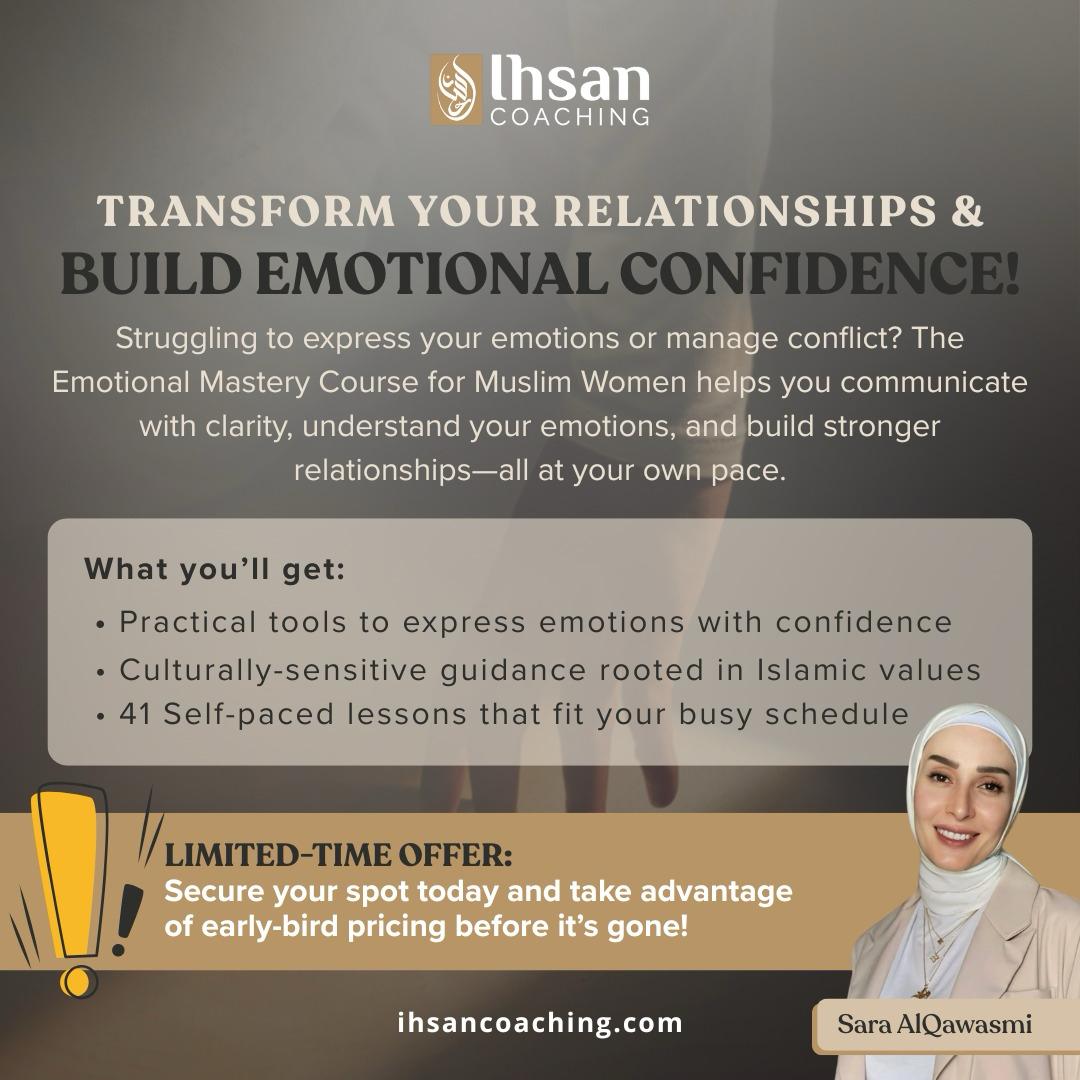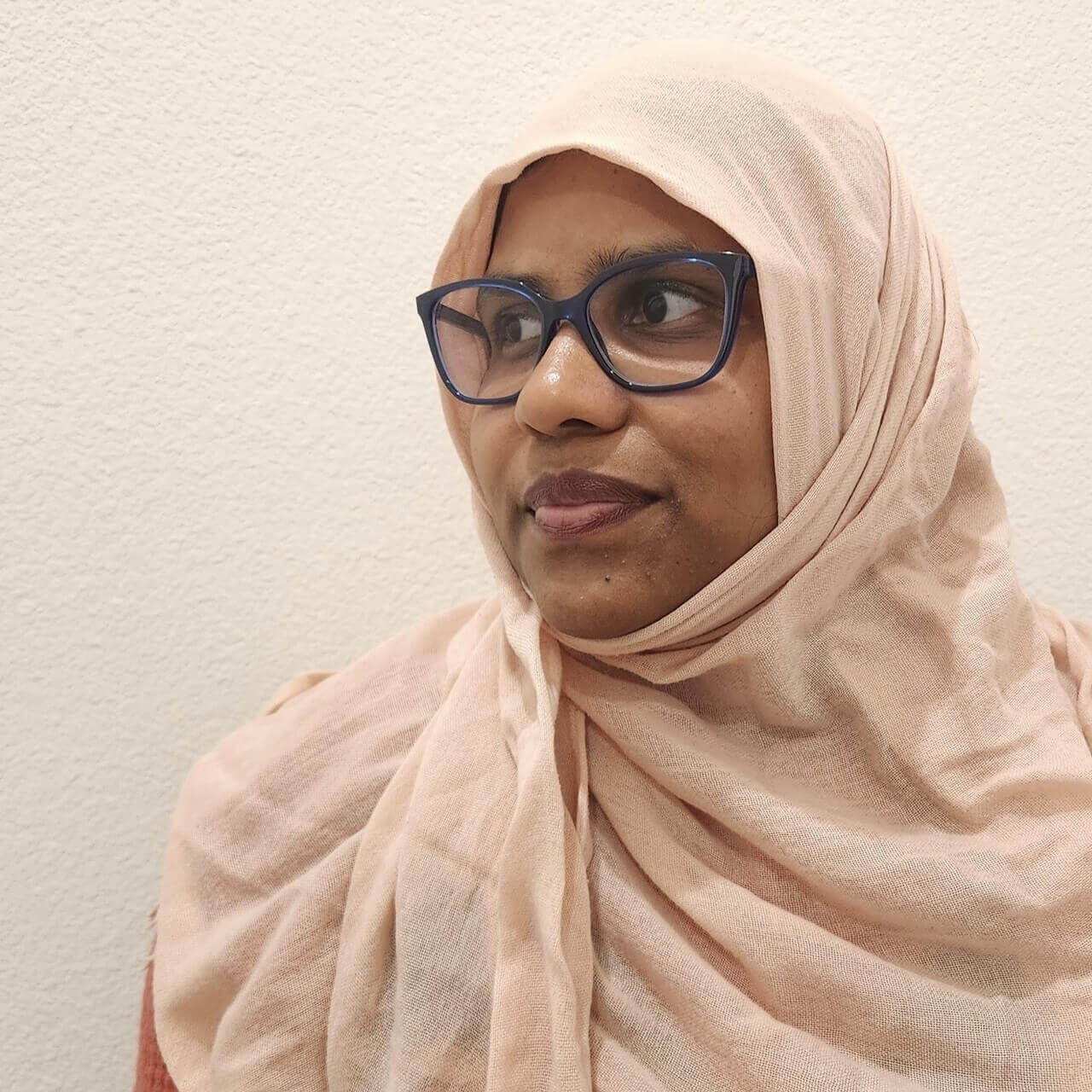Counseling is the process of addressing problems with one’s behaviors, beliefs, or relationships. Seeking professional counseling during times of adversity and emotional distraught is an essential step toward healing and personal growth. It is important to find counseling services that comprehend the client and will address their concerns.
The counselor or therapist will ask questions about the client’s culture, lifestyle, and religious views to get a holistic view of the client. Especially for Muslims in particular, cultural and religious backgrounds are very important.
Counseling has its meaning and role in Islam and is consistent with Islamic principles. In general, Western psychology focuses on modifying the client’s behavior and thoughts. This is the primary distinction between Islamic counseling and other types of counseling.
Muslim counseling services provide a safe and supportive atmosphere in which psychological concepts are combined with Islamic teachings to treat an individual’s mental, emotional, and spiritual well-being. In this post, we will look at the advantages and methods of Muslim counseling services, emphasizing their importance in encouraging healing and resilience among Muslims.
The Counseling Process
Muslim counseling services combine Islamic beliefs and teachings with psychological techniques. These services, in particular, are designed to fulfill the requirements of Muslim populations. These services are provided by experts who are well-versed in Islamic concepts, values, and practices. Counselors may offer a safe and non-judgmental environment for clients to discuss their thoughts, feelings, and problems within an Islamic framework while embracing cultural sensitivity.

➡️ Evaluation and Goal Setting
Individuals share their worries, challenges, and aspirations with their counselor during the evaluation phase of the counseling process. They collaborate to determine areas of concentration and therapeutic goals that are specific to the individual’s requirements.
➡️ Therapeutic Interventions
Counselors use a variety of treatments depending on the individual’s circumstances. Cognitive-behavioral therapy (CBT), mindfulness methods, psychodynamic therapy, and other evidence-based therapies may be used. Islamic beliefs and practices are included in the counseling process to provide spiritual support and direction to individuals.
➡️ Collaborative Approach
Muslim counseling services emphasize collaboration between the counselor and the client. Clients actively participate in their recovery path by participating in conversations, reflecting on their experiences, and putting techniques presented in therapy sessions into action. Throughout the process, the counselor serves as a guide and facilitator, offering support and insights.
➡️ Supportive Environment
Muslim counseling services attempt to provide a secure and supportive place for people to communicate their feelings and experiences. Confidentiality and privacy are prioritized to ensure that individuals feel safe discussing delicate topics. Individuals can freely explore their thoughts and feelings in a judgment-free environment.
The Benefits of Muslim Counseling Services
-
Emotional Support and Counselling
Muslim counseling services provide individuals with a caring, nonjudgmental environment where they can communicate their feelings, worries, and problems. Counselors offer advice and support, assisting people in navigating challenging life situations, trauma, anxiety, despair, loss, and other emotional issues. Individuals might find peace, affirmation, and practical coping and healing skills by addressing these difficulties within an Islamic context.
-
Spiritual Growth and Connection
For many Muslims, spirituality is very important in their life. Muslim counseling services help to integrate faith and mental health. Counselors assist people in connecting with their faith, seeking consolation and strength in their relationship with Allah (God). This spiritual connection may offer individuals a feeling of purpose, hope, and resilience, allowing them to overcome obstacles and grow emotionally and spiritually.
-
Counseling for Relationships and Marriage
Muslim counseling services assist individuals and couples who are experiencing difficulties in their relationships or marriages. Counselors advise clients on communicating effectively, resolving conflicts, and navigating cultural and religious expectations.
Counselors assist individuals in developing healthy relationships and strong marital connections based on mutual respect, love, and understanding by incorporating Islamic teachings and concepts.
-
Self-Exploration and Personal Growth
Muslim counseling services encourage self-discovery and personal development. Counselors help people better understand themselves, their beliefs, and their aspirations. Individuals can increase self-awareness, uncover patterns of behavior or thought that may be impeding their well-being, and strive towards positive change via therapy. Counseling promotes personal development, resilience, and a stronger feeling of purpose in life.
Conclusion
Muslim counseling services serve an important role in promoting the mental, emotional, and spiritual well-being of Muslims. These services give a comprehensive approach to healing and personal improvement by providing culturally appropriate counsel and blending Islamic teachings with evidence-based treatment.
Muslim counseling services encourage individuals to overcome obstacles, improve their resilience, and nurture a feeling of well-being anchored in their religion by providing emotional support, spiritual connection, and specialized solutions. Seeking professional counseling may be a game changer in terms of healing, growth, and thriving.




